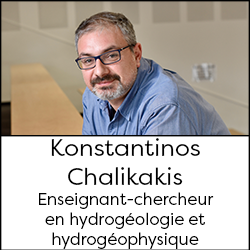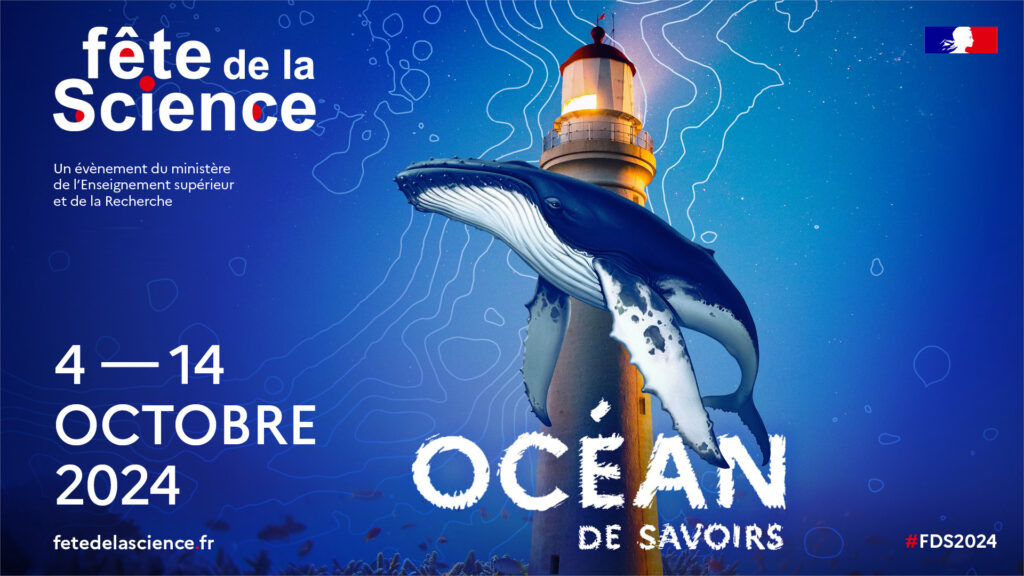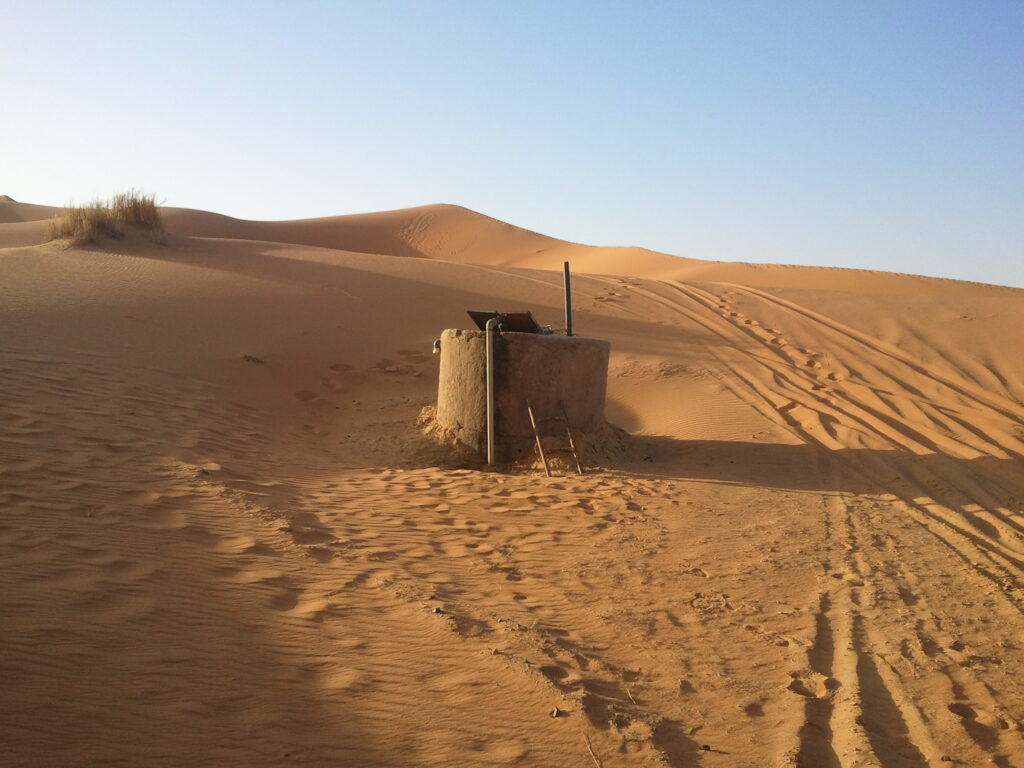[Profile] Konstantinos Chalikakis, lecturer and researcher in hydrogeology and hydrogeophysics (UMR 1114 EMMAH)
What is your research about?
The common thread running through my scientific career revolves around two major social and environmental challenges : access to and sustainability of groundwater resources. As the world's largest accessible freshwater reserve, groundwater plays a central role in maintaining ecosystems and helping mankind adapt to global change.

What are your current scientific activities?
My scientific work involves coordinating national and international projects, supervising doctoral and post-doctoral students, fieldwork and writing scientific articles. In particular, I coordinate the GeEAUde partnership chair (Dynamics of groundwater resources and interactions with associated ecosystems) co-founded by Avignon University, INRAE and IFPEN. The aim of GeEAUde is to develop, test and promote global tools and approaches for characterising and modelling groundwater resources, and to propose sustainable management strategies adapted to the Mediterranean context in the context of global change.
The research focuses in particular on groundwater recharge and availability, and will benefit from the expertise of numerous socio-economic, private and public, national and international partners, as well as regional players involved in water-related issues.
Fête de la Science 2024
Konstantinos Chalikakis is one of the ambassadors for the Fête de la Science 2024, whose theme is "Ocean of Knowledge".
>> Find out more about the Fête de la Science in Vaucluse

Why did you choose to work in academic research?
For both research and teaching. Firstly, university research offers unique intellectual freedom. It allows you to explore complex issues and contribute to the advancement of knowledge in a field that I'm passionate about. What's more, academia fosters a collaborative and stimulating environment, where you can interact with colleagues who share the same interests and where you can constantly learn and improve. Secondly, working in academic research gives me the opportunity to mentor and train the next generation of researchers and professionals, which is extremely rewarding.
What advice would you give to students who want to do research?
Start by choosing a field that they are really passionate about. Research can be time-consuming and sometimes frustrating, but if you're passionate about your subject, it will help you stay motivated and enjoy yourself. Next, you need to be curious and perseveringCuriosity is at the heart of research and perseverance is essential to overcome challenges. I advise students to meet the research teams and talk to them about their day-to-day lives, and the advantages and disadvantages associated with research and teaching. Finally, you have to learn to work in a team, be prepared to learn new things and change your approach if necessary. Research is a collaborative activity and a continuous learning process, and it's important to remain flexible and adaptable.
What object or image from your business best illustrates you?
A water well in the middle of the Sahara desert, to remind us of the vital importance of this invisible resource beneath our feet.

UMR 1144 EMMAH
The research carried out by the EMMAH joint research unit focuses on understanding and modelling the functioning of agrosystems in interaction with underground hydrosystems. This leads the UMR to consider the aquifer-soil-plant-atmosphere system on different time and space scales. In order to understand and model how this system works, it is necessary to take into account the many interactions between the dynamics of the plant cover, the physical, chemical and biological processes in the soil, interactions with the atmosphere and hydrosystems, and the way in which agrosystems are managed. In particular, the work carried out aims to characterise mass flows between the atmosphere, the plant cover, the soil and the underground aquifer, and the processes involved in plant production in relation to environmental factors, at different spatial scales (from a millimetre to a kilometre) and temporal scales (from a second to several decades). In this way, the EMMAH joint research unit is helping to assess the sustainability of underground water resources and cropping systems in the dual context of global change and agro-ecological transition. The Mediterranean remains a key area of study, a region marked by rapid climate change and high water stress linked to the adaptation of cropping systems and strong demographic pressure.
>> Read more
The portraits
Updated on 24 September 2024